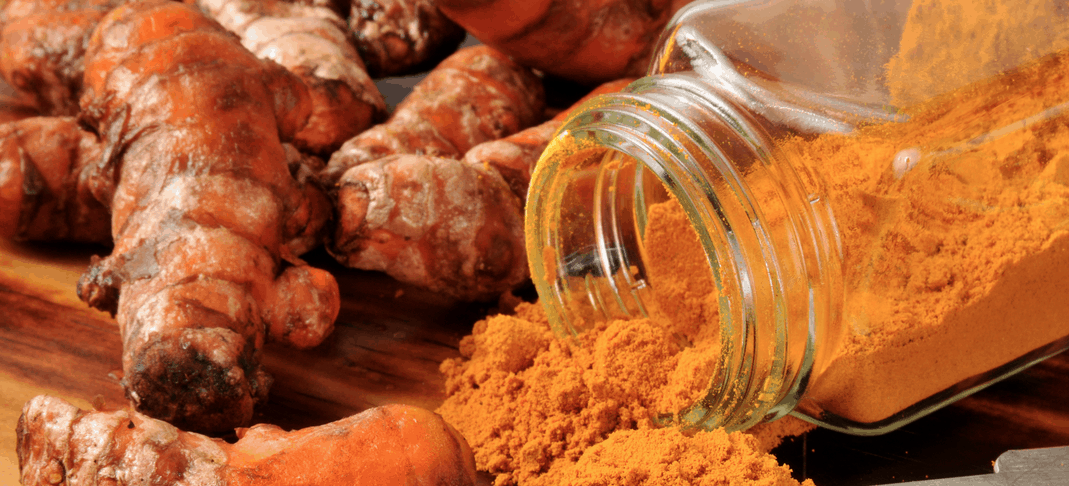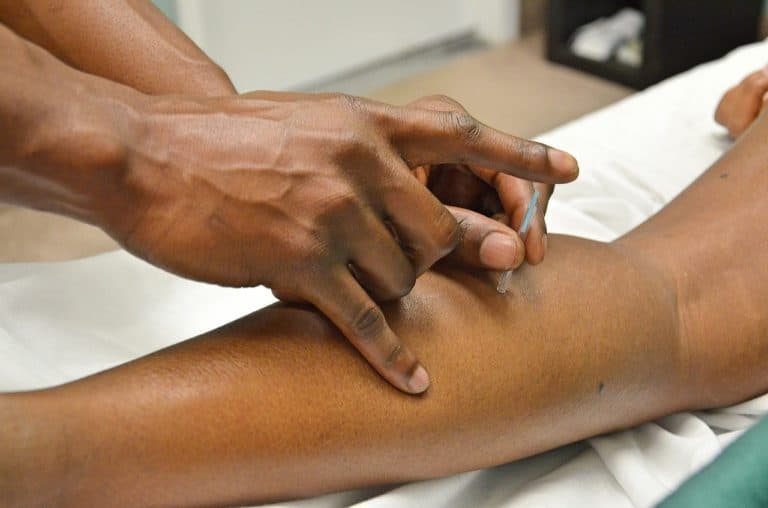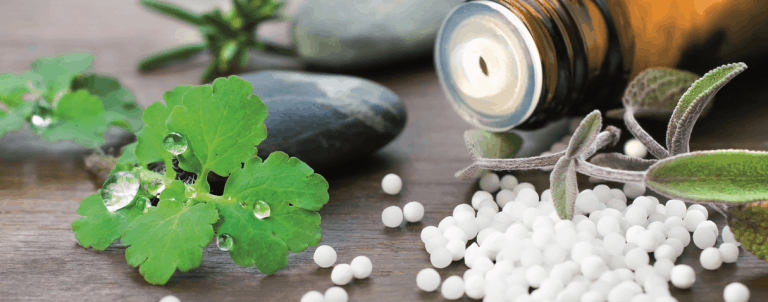Many prostatitis patients who are looking for natural therapies turn to turmeric for prostatitis treatment. Turmeric is a spice that has long been used in Chinese and Indian medicine practices for healing a variety of inflammatory health issues. It boasts of many powerful antioxidant and anti-inflammatory properties, which make it useful in managing chronic prostatitis/chronic pelvic pain syndrome (CP/CPPS) as well as chronic bacterial prostatitis. Turmeric comes from a perennial plant in the ginger family. It contains several phytochemicals including curcumin, which gives turmeric a bitter, peppery taste and gives curry dishes their flavorful kick.
Turmeric and curcumin combine nicely with other natural supplements, and are often used as ingredients in prostate supplement formulations. They can also be used in combination with traditional therapies and may even help improve the effectiveness of antibiotics when taken together for chronic bacterial prostatitis.
Turmeric for Prostatitis Treatment — Does It Work?
In addition to turmeric’s longtime use in Eastern medicine, this supplement has many recent studies finding it useful for prostate health and in helping prostatitis patients. Research finds that turmeric and curcumin can be helpful for men with both bacterial prostatitis and nonbacterial types of chronic prostatitis because of its ability to reduce inflammation.
- One study found that the curcumin found in turmeric effectively managed CP/CPPS. That may be due to reduced pro-inflammatory cytokines interleukin-8 and tumor necrosis factor alpha in the tissues and blood (Zhang).
- A Columbia University study noted that turmeric provided support and health benefits for prostate patients (Dorai).
- In a study published in the International Journal of Antimicrobial Agents, researchers studied turmeric, curcumin and other supplements for men when used with antibiotics for chronic bacterial prostatitis. They gave a combination of curcumin, quercetin, saw palmetto, and singing nettle (which can be also found in combination in Prost-P10x) along with an antibiotic to men with chronic bacterial prostatitis. The control group took only an antibiotic. The men who took the herbal combination experienced significantly better resolution of symptoms (89.6 % were symptom free one month later) than the group who took only an antibiotic (27% recurrence free). Six months later, no patients in the supplement group had a recurrence, whereas two patients in the antibiotic-only group did. It is important to note that quercetin can decrease the effectiveness of certain types of antibiotics, so check with your doctor before starting taking it (Cai).
Uses and Side Effects of Turmeric
Men interested in turmeric and curcumin can take 400 to 600 mg of standardized powder of curcumin three times a day to help manage prostatitis. Look for modified curcumin, which is more bioavailable, or easier to absorb, and can be taken in 250mg doses twice a day. A modified version called Meriva curcumin has been shown to have up to a 20-fold increase in bioavailability over standard turmeric extracts. Meriva is also time-released, which helps keep curcumin blood levels more constant.
Talk to your doctor about taking curcumin or turmeric for prostatitis treatment if you have diabetes, as it can lower blood sugar. Taking large amounts for a prolonged period of time can lead to stomach upset or ulcers, although curcumin has been found useful in helping relieve peptic ulcers.
References for Turmeric for Prostatitis Treatment:
Cai T et al: results from a prospective randomized study. Int J Antimicrob Agents 2009 Jun; 33(6): 549-53
Dorai T et al. Therapeutic potential of curcumin. Prostate Cancer Prostatic Dis 2000 Aug; 3(2): 84-93
White B, Judkins DZ. Clinical inquiry: does turmeric relieve inflammation conditions? J Fam Pract 2011 Mar; 60(3): 155-56 Turmeric Health Benefits
Zhang QY et al. Reducing effect of curcumin on expressions of TNF-alpha, IL-6 and IL-8 in rats with chronic nonbacterial prostatitis. Zhonghua Nan Ke Xue 2010 Jan; 16(1): 84-88







